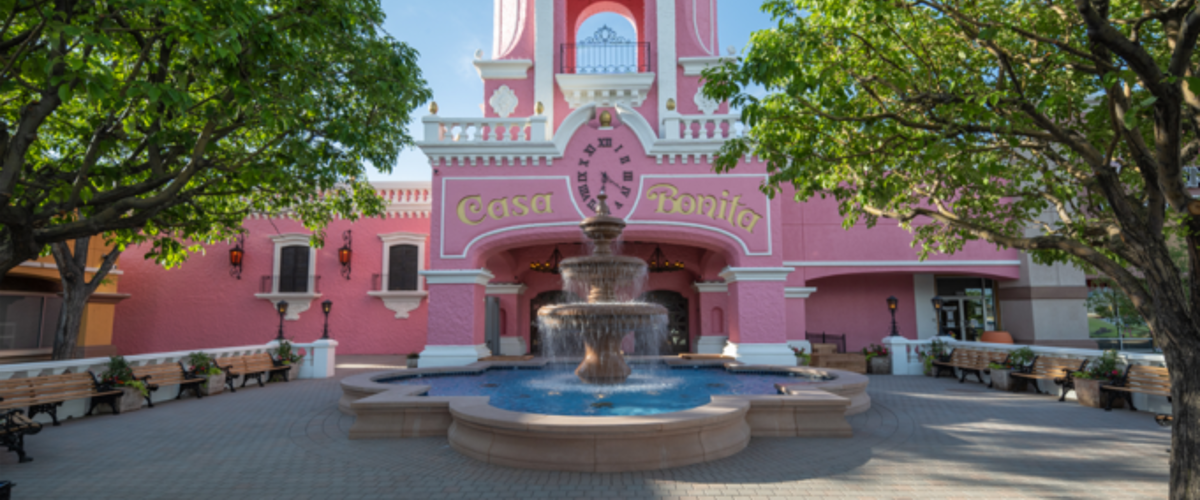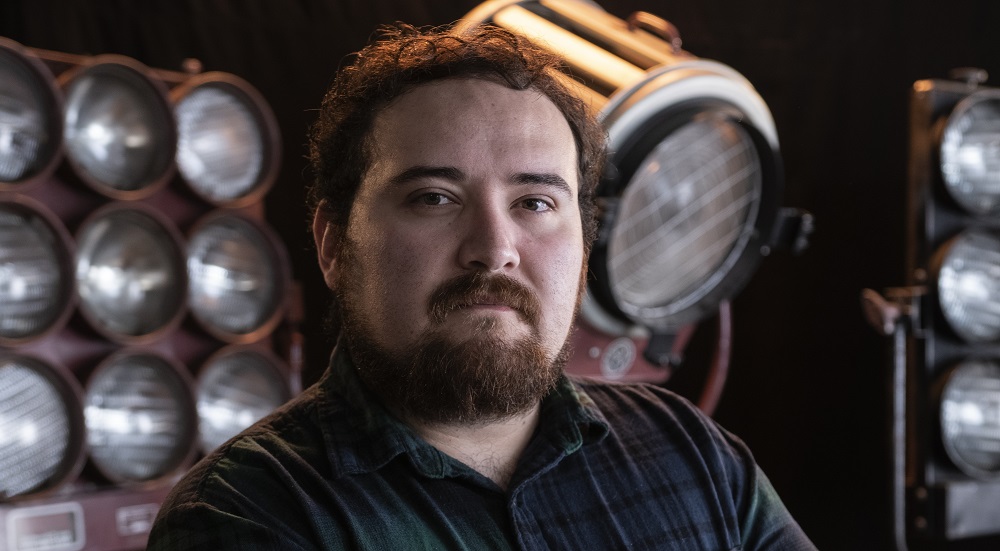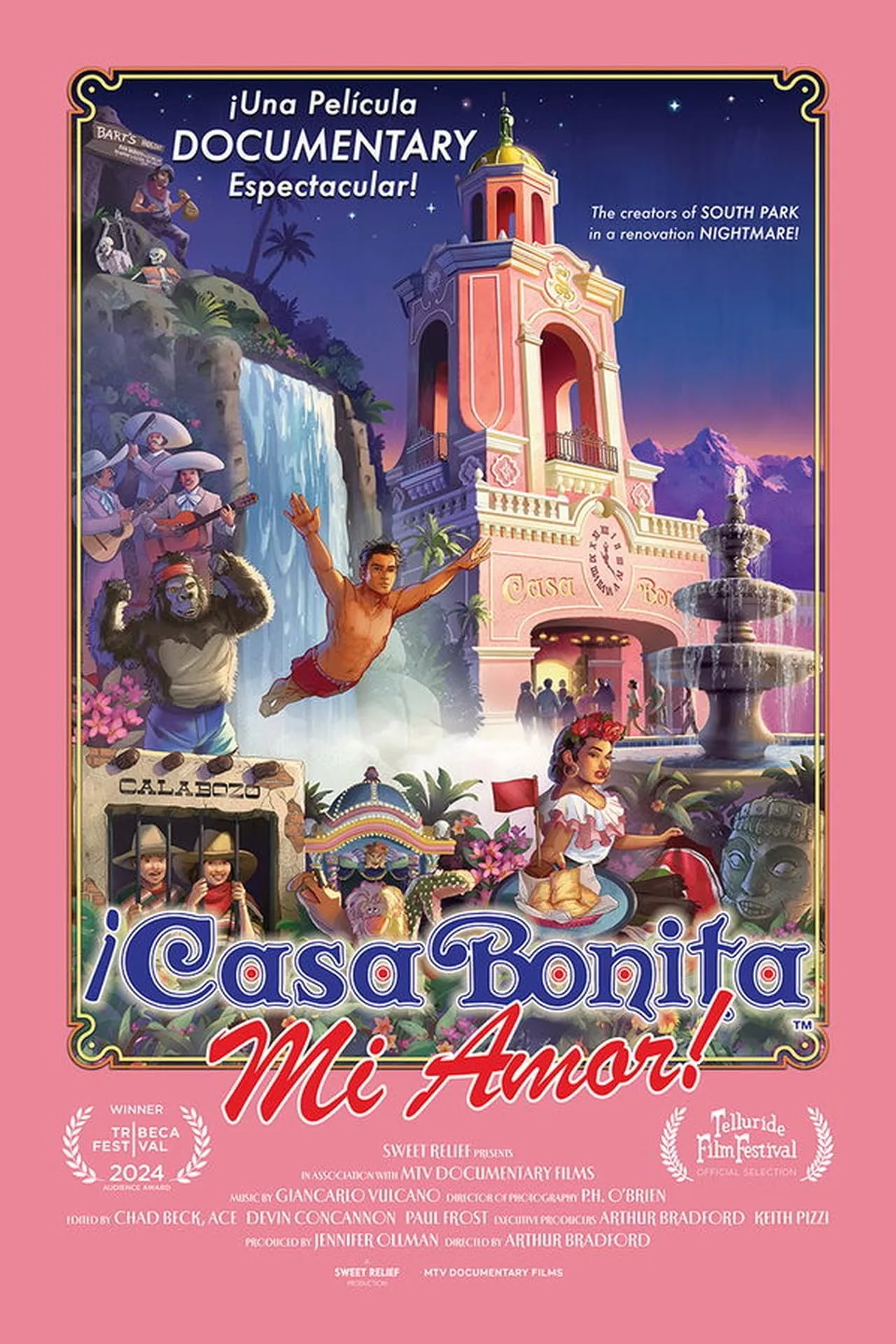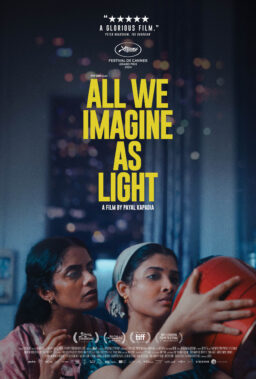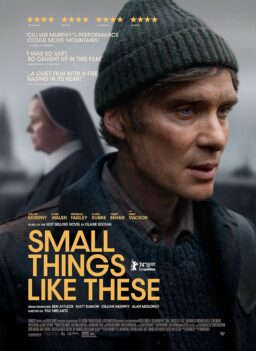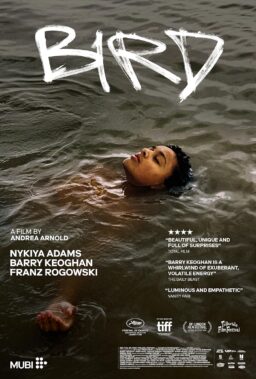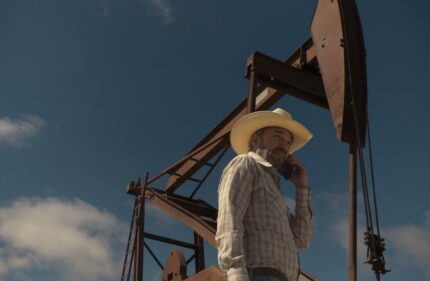Eric Cartman, the foul-mouthed pack leader of the "South Park" boys, now has a permanent table at the reimagined Casa Bonita, the mythical quasi-Mexican restaurant in Denver, Colorado, which first opened its doors in 1973. As in the 2003 episode where Cartman risks it all to spend some time inside this palace of kitsch and questionable food, Trey Parker, the co-creator of the button-pushing animated series, committed time and plenty of resources to not only bring it back to its former glory but to upgrade its maximalist concept. The arduous (and expensive) renovation process unfolds in filmmaker Arthur Bradford's "¡Casa Bonita Mi Amor!"
Both a restaurant makeover journey and the portrait of a child who grew up to have enough cash to purchase his personal Disneyland, this amusing documentary bears witness to Parker's at-all-costs mentality, even when the more advisable choice would be to abandon the project. Matt Stone, the other mind behind "South Park," plays a smaller part as the supportive pal willing to hold down the fort and share the financial risk to fulfill a dream that matters so much to Parker.
With its pink façade resembling a centuries-old Catholic church, Casa Bonita's enormous space included a pool for cliff divers to perform—a feature inspired by an attraction in Acapulco, Mexico—stalactite caves for children to explore, and a cast of characters that seem plucked from a vague Gold Rush-type era. Footage from its golden years helps those of us who've never set foot there get a taste for the eccentric atmosphere the place evoked.
Parker's memories of roaming through the labyrinthine halls of this out-of-this-world, sort of nonsensical playground drive him to purchase the property after it closed during the peak of the COVID-19 pandemic, only to discover the monumental repairs needed.
But even the more fervent devotees, many of whom live in Denver, agree that the food—what looked like badly reheated frozen enchiladas—was always an afterthought. Intent on improving the quality of the menu, Parker hires Dana Rodriguez, a chef from Mexico living in Colorado, to ostensibly make the cuisine more authentic. Still, to call Casa Bonita an authentic Mexican restaurant would insult that cuisine. No one, not even native speaker Rodriguez, pronounces the name of the restaurant with a serviceable Spanish accent. Whether or not that's conscious, it's certainly fitting for a business started by white Americans with a vision that resulted in a crossbreed between EPCOT's Mexico pavilion, The "Pirates of the Caribbean" ride, and a typical mall arcade. That's not a derogatory statement, but exactly where its outdated charm resides.
Once you grasp what Casa Bonita represents, the lack of quality in its original offerings feels key to the outsized, tacky kitsch that appeals to patrons so much. A section of the doc does see Parker travel with Dana to the southern Mexican state of Oaxaca to buy décor, eat actual Mexican cooking, and get inspiration - never with the hope of faithfully recreating the country's flavors, but in adapting them to the Casa Bonita universe. In a key scene, Parker explains that the 1963 Elvis Presley movie "Fun in Acapulco" best describes the white-washed, if slightly culturally insensitive, understanding of Mexico that lives at Casa Bonita.
Parker and Stone's brand of acerbic humor comes through in candid moments, where the realization of the madness of their pursuit seems to sink in. That frenzied, perhaps not-so-smart course of action is on brand for a pair who showed up to the Academy Awards under the influence. More importantly, Bradford shows Parker's hands-on involvement in the storytelling details of this amusement park posing as a dining establishment: recording the voices for the new animatronics, casting the actors that will perform the period-ambiguous roles, or creating a new puppet show led by a talking taco. Those instances where they showcase their talent for making people laugh make them feel like the ideal inheritors of Casa Bonita. They not only have the funds required for such a venture, but their off-kilter creative personalities let them see the place for more than its profitable possibilities; its dividends are more emotionally rewarding.
The exorbitant amount of money they ultimately shelled out, over $40 million, feels justified in the exhilaration that others exhibit when reentering Casa Bonita. What's the point of being rich if you cannot materialize a childhood fantasy that others can rejoice in? Even if Bradford's doc feels like an elaborate commercial, it makes you covet a reservation. (You'll have to get in line; hundreds of thousands of people are on the waitlist.)
